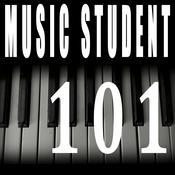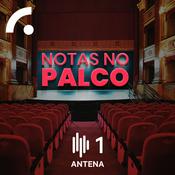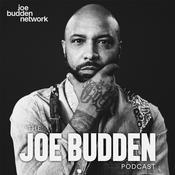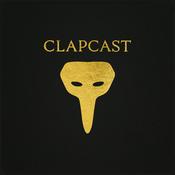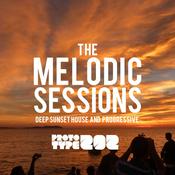251 episódios

What's the point of Listening?
31/3/2024 | 28min
Isn’t it great to be able to listen to so much music, to be able to search and scroll and find anything you want…? Or to have tracks suggested for you without even thinking about it…? Or is it? Perhaps you miss the days when you had to save up to buy a recording, and you loved it so much you listened over and over again. Or you waited for something to be played on the radio, knowing it might be the only chance you’d have to hear it. Tom Service explores how we listen today in the digital age and reflects on the pieces of music that changed his life when he heard them first, and then really listened to them, again and again.Producer: Ruth Thomson

Needle Drop: the power of classical music in film
10/3/2024 | 28min
Tom Service discovers the mighty musical power of needle drop - the use of pre-existing music in film soundtracks.From 2001: A Space Odyssey to Barbie, from The Shining to Maestro, Tom listens in to some of the most iconic film scenes using needle-dropped classical music. He explores how directors harness the resonance and meanings of a piece of music to enrich the film's storytelling, and how a successful fusion of sound and image can leave such a deep impression in viewers' minds that music and film become inextricably entwined in popular consciousness.Plus, Maggie Rodford - one of the film industry's most sought-after music supervisors - pulls back the curtain on the processes and thinking behind choosing the right needle drop for the right scene to make the most meaningful movie.Producer: David Fay

Impassioned argument: Elizabeth Maconchy's string quartets
03/3/2024 | 28min
"For me, the best music is an impassioned argument". So said one of Britain's greatest 20th-century composers, Elizabeth Maconchy. Who?? Despite her many awards and medals - including a damehood in 1987 - and a lifetime spent promoting new music, Elizabeth's work slipped out of fashion and out of view in the latter part of her remarkable career. With concertos and symphonies, vocal music, chamber works, five operas, an operetta and three ballets to her name, Elizabeth's voice is that of economy, elegance and rich expression. And it is in her century-spanning 13 string quartets that her development - and musical outlook - as an artist are most closely expressed. With a cultural resurgence in all things mid-century, Tom Service chats to Janell Yeo of the Bloomsbury Quartet and considers whether the time is now ripe for a reclamation of Elizabeth's place at our musical top table.

Songs of the Moon
25/2/2024 | 28min
Many of the most instantly recognisable works in classical music are inspired by the Earth’s moon – Debussy’s ‘Clair de Lune’, Beethoven’s ‘Moonlight Sonata’, Dvořák’s ‘Song to the Moon’. Tom Service takes us on a musical voyage to the moon (and back), from the cosmic-scale classical to the lesser known music invoking and inspired by our mysterious celestial companion. With Professor Monica Grady CBE, leading British space scientist.Producer: Lola Grieve

'Pathétique'
05/2/2024 | 28min
Tchaikovsky's 6th Symphony is given the subtitle "Pathétique", the use of the French word removing some of the negative connotations that the word pathetic has in English, which is the literal translation. Pathétique suggests something of great passion with perhaps a sense of great sadness too. Tom Service examines how this word might apply to one of Tchaikovsky's most profound and intense works.
Mais podcasts de Música
Podcasts em tendência em Música
Sobre The Listening Service
Ouve The Listening Service, RA Exchange e muitos outros podcasts de todo o mundo com a aplicação radio.pt
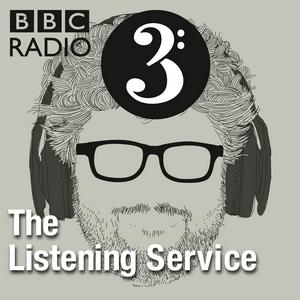
Obtenha a aplicação gratuita radio.pt
- Guardar rádios e podcasts favoritos
- Transmissão via Wi-Fi ou Bluetooth
- Carplay & Android Audo compatìvel
- E ainda mais funções
Obtenha a aplicação gratuita radio.pt
- Guardar rádios e podcasts favoritos
- Transmissão via Wi-Fi ou Bluetooth
- Carplay & Android Audo compatìvel
- E ainda mais funções


The Listening Service
descarregue a aplicação,
ouça.

